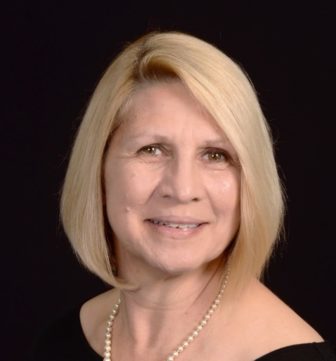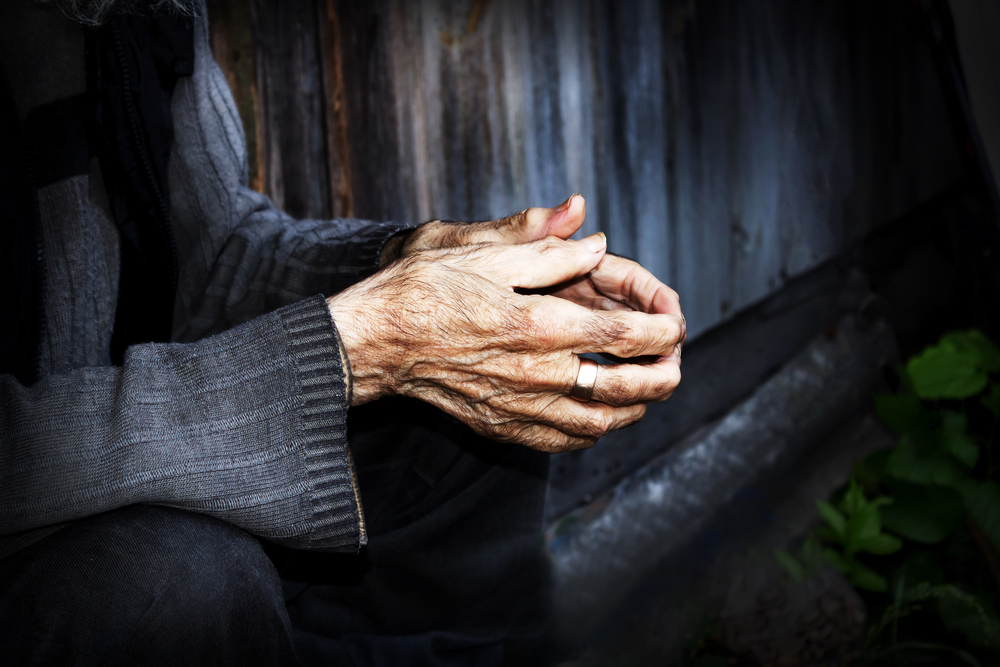One doesn’t have to look far to find documented reports on the problem of mentally ill residents around the nation cycling through the criminal justice system without the benefit of mental health treatment. According to the Treatment Advocacy Center, law enforcement and jails have become the nation’s default psychiatric crisis response system.

Cathy Hatch
Individuals with untreated mental illnesses such as schizophrenia, bipolar disorder, post-traumatic stress disorder and other mental illnesses often find themselves homeless and unable to cope with life. When a mind is broken, the basic routines of life are no longer basic or routine. Due to their illness, they are often arrested for crimes such as loitering, trespassing and indecent exposure for urinating in public. And so the cycle begins.
It is unfortunate that law enforcement is in the position of intervening in these situations because these individuals are sick and do not belong in jail. Although some communities are becoming experts on diverting from jail to treatment, most communities give law enforcement no other choice but to arrest the “offender.”
In Polk County, Fla., we recognized that this population of adults needed help to break the cycle of recidivism. In 2017 we studied our adult jail population and discovered that on average, 300 inmates were receiving psychotropic medications daily for mental health disorders. Of those, 30 per month were released back into the community, but few followed up with a mental health provider to continue their medications and treatment.
One unique advantage we have in Polk County is a voter-approved tax that funds health care for our indigent population. Through this funding the county offers a multitude of health care services from local practitioners, including those specializing in behavioral health. When county leadership became aware that the mentally ill were cycling through jail in alarming numbers, they responded by approving funding for a pilot jail transition program.
Developing a plan became a priority for the county’s Indigent Health Care program. In 2018 we launched Helping HANDS. HANDS is an acronym that describes the basic function of the program: providing participants with Healthcare: Access, Navigation, Delivery and Support. The program’s strength is the unique staffing model that pairs community paramedics with recovery peer specialists who act as a team to wrap support around the client.
A data exchange between the jail and our program produces a list of potential inmates who meet program criteria of having two or more arrests in the past 12 months and are prescribed psychotropic medications in jail. The potential clients then receive an email message through the jail’s kiosk system requesting they sign a release of information form. If the inmate is interested in the program, he/she signs the form and returns it to the program manager via the kiosk.
Trusting relationship is best resource
All inmates who have signed release forms are presented to the Helping HANDS team at a weekly staff meeting. At these meetings representatives from nine partner agencies, including the jail medical provider, two local hospitals, three local community mental health organizations, the sheriff’s office, fire rescue and health and human services remotely connect to their agency’s database.
The inmate’s name is announced and each agency does a real-time data search for that client’s information. All relevant information is shared around the table and a decision is made to accept or deny the client. If accepted, a recovery peer specialist (peer) and community paramedic (CP) are assigned to visit the client in jail to explain the program and determine if he/she is a candidate. If both the client and team agree that it is a good fit, then the client is engaged for the remaining period of their incarceration and transition planning begins.
Upon release from jail, the CP is available to pick the client up from jail and take him home. The CP also picks up a 30-day supply of all prescription medications and delivers them to the client. During the first week in the community the CP gives the client a complete health assessment, explains the importance of medication adherence, reviews all medications and does an environmental assessment of the home.
In partnership with the peer, the CP works to facilitate and ensure the connection between the client and the local behavioral health provider within 30 days of release. If the client is released with medications for physical maladies, the CP works to ensure the client connects with a primary care provider within 30 days as well. These providers will become the client’s behavioral health and primary care homes, ensuring ongoing treatment and access to essential medications.
After four to six weeks of engagement with the client, the CP’s involvement ends. The client is invited to keep the CP’s phone number handy and is encouraged to call in the event of a crisis or a medical need arises. The peer continues to stay in contact for support, accountability and to facilitate connections to other social services. The peers encourage attendance of self-help groups and will attend those groups with the client if needed. As the client becomes stable in the community and builds their own support system, the peer contact is reduced until the client’s transition is complete.
Even though the client is eventually closed out of the Helping HANDS program, he is encouraged to reach out to his peer or CP at any time following discharge. The program is committed to re-engaging former clients in an effort to prevent rearrest, involuntary commitments or the inappropriate use of the 911 system.
Early results from program participants show significant reductions in the number of jail days, arrests, EMS/ 911 calls and emergency department visits. There have been many lessons learned through the process of building the Helping HANDS program and we continue to make adjustments and add missing pieces as we discover gaps.
Through this program we have learned that many of our mentally ill residents are extremely sick and alone. We have also discovered that nearly all our clients have experienced significant trauma during their lifetime. Dealing constructively with this trauma is often the key to their recovery, but too often, they are unable to take that first step.
This is where the S in HANDS is so important — support. The trusting relationships built between the peer, the CP and the client is the greatest resource we have to offer. In the end, it is all about relationships — the relationships we have with our clients and the relationships that they learn to build with others as they begin to heal.
Cathy Hatch currently serves Polk County, Fla., as the community health care planner and administrator of its Helping HANDS jail transition program. Her past experience includes working with NAMI, a local mental health agency and the local homeless coalition.
